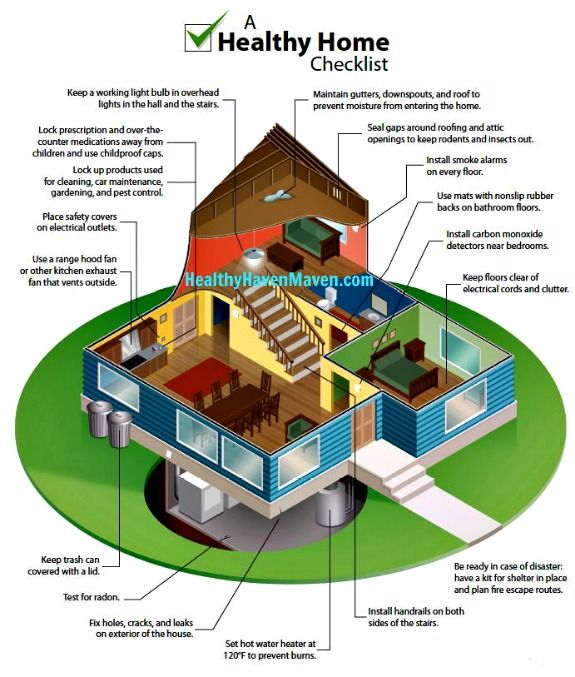Exploring The Ecological Advantages Of Warm Pumps - A Sustainable Home Heating Service
Exploring The Ecological Advantages Of Warm Pumps - A Sustainable Home Heating Service
Blog Article
Article Writer-Hinrichsen Zhou
In an era where sustainability and power performance are critical, numerous businesses seek environmentally friendly home heating services. One such option is the heat pump.
A heatpump extracts the warm in its surroundings and pumps it right into your home, resulting in one of the most effective eco-friendly main heater around. This process likewise produces zero greenhouse gas exhausts, making it a very sustainable innovation.
eco-friendly heating christchurch are extremely power reliable and require little upkeep. They use less electricity than other furnace and are by far one of the most environmentally friendly. They function well with rooftop solar and can frequently pay for themselves in energy financial savings alone.
They can also provide cooling, which is terrific for garage workshops, attic room hangouts and perk spaces, and home additions without extending the existing ductwork. They can also be made use of for retrofits in existing homes with hydronic (water-based) circulation systems such as reduced temperature level radiators or glowing floorings.
Look for versions with SEER and HSPF rankings that satisfy or exceed copyright's minimum standards, as well as the requirements in your region. Greater ratings indicate higher performance, which conserves you money over time and reduces your carbon impact. You may also get refunds and rewards! The very best systems are those with a ground heat exchanger for added efficiency. These devices can absorb thermal power from the ground throughout the winter and remove it in the summer.
Decreased Greenhouse Gas Emissions
Heat pumps work on electrical energy and essentially move warm from the air, even when it's chilly exterior. They have the ability to remove the totally free heat caught in air bits and relocate them indoors, lowering humidity while doing so.
Contrasted to gas heating systems, contemporary heatpump utilize less than one kilowatt of electrical power per kilowatt of heating power they generate. This makes them one of the most power efficient heating alternative offered with a POLICE (Coefficient of Performance) of four or more. By reducing the need for fossil fuels, heatpump help reduce greenhouse gas discharges and cut other significant air contaminants.
Building decarbonization is a global important, and the cooling and heating market is a key driver of that procedure. Whether it's investor making net absolutely no dedications, policy makers establishing emissions restrictions, or tenants requiring greener rooms, electrical heatpump are being recognized as an essential solution. They are a cost-efficient way to lower carbon exhausts by removing the need for nonrenewable fuel sources in structures.
Convenience
Heatpump can be utilized in lots of sorts of homes and buildings-- with or without air ducts. They deal with hot-water radiators, air-conditioning and programmable thermostats. They can change heating systems or be set up in brand-new homes. They can work on solar panels, geothermal systems or even area home heating resources like wastewater.
https://www.msn.com/en-gb/lifestyle/style/35-hairstyles-for-fine-hair-that-wont-fall-flat/ss-AAZ6Zcz at providing even more warmth per energy system. For example, an air-source heatpump creates approximately 3 or even more home heating units from each electrical energy system it takes in.
Getting the most from your heatpump will depend upon your environment zone and high quality of insulation. Try to find versions with power celebrity rankings and compare their SEER or HSPF specifications. In warmer environments, focus on SEER; in colder regions, think about a system with a higher HSPF rating. On top of that, buy air sealing and insulation to decrease the tons on your heatpump. That will boost energy effectiveness and assist you reach your Internet Zero goals much faster.
https://docs.google.com/spreadsheets/d/1M4QoRQBniATnnSlfIthVFhYczUgYJf4lKxw942n_dzQ/edit?gid=578814448#gid=578814448 utilize timber pellets, chips or logs to create warmth and hot water. They are a good choice for off-grid residential or commercial properties or those who intend to get off the gas grid.
As a standalone heating unit, biomass can offer enough power to keep your home cozy throughout the year without the common heat drop off of other renewable modern technologies. They can also be made use of combined with photovoltaic panels to increase financial savings and gain from RHI settlements.
A disadvantage of these systems is the in advance cost and routine gas distributions. Typically, pellets will need to be blown into a fuel store making use of a vacuum system or they can be manually fed into the central heating boiler via a receptacle. Logs are normally self-sourced from close-by woodland or bought in bulk. In addition to this, they call for hands-on loading and might require cleaning often.